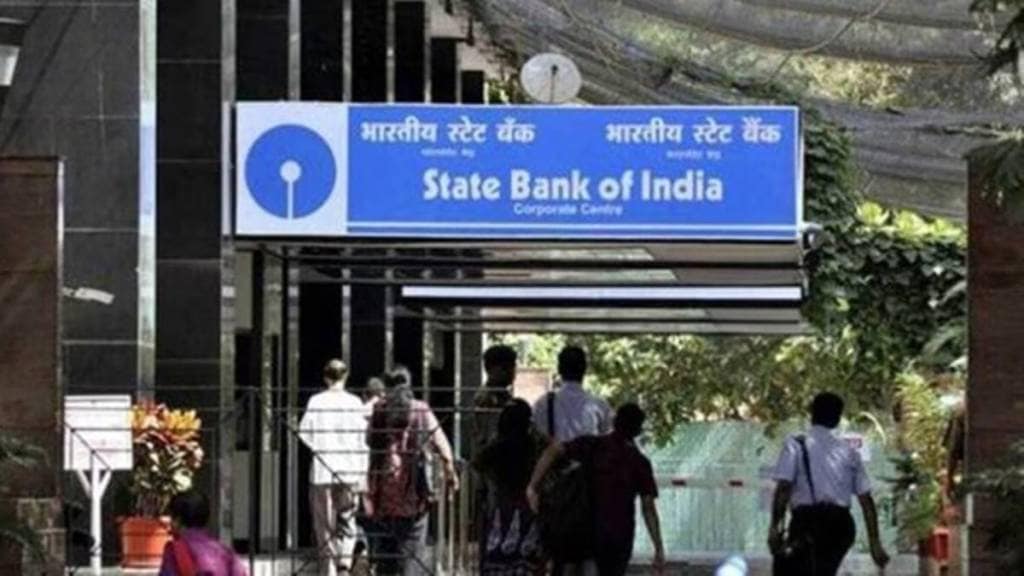Just three days prior to the Supreme Court’s ruling, which deemed electoral bonds unconstitutional, the Finance Ministry had provided the Security Printing and Minting Corporation of India (SPMCIL) with final authorization to print 10,000 electoral bonds, each valued at Rs 1 crore, an RTI investigation revealed, reported The Indian Express.
However, in the aftermath of the Supreme Court’s decision, on February 28, the Finance Ministry directed the State Bank of India (SBI) to immediately halt the printing of these bonds.
These developments have been uncovered through file notations, correspondence, and email exchanges between the Finance Ministry and SBI.
It has been disclosed that prior to the directive to cease printing, SPMCIL had already produced and dispatched 8,350 electoral bonds to SBI.
The instructions to stop the printing went out in a trail-mail titled “Hold on Printing of Electoral Bonds — Electoral Bond Scheme 2018” dated February 28 from SBI to SPMCIL, according to the report.
The SBI’s Assistant General Manager of its Transaction Banking Department wrote: “We have acknowledged the receipt of 4 boxes of Security forms of Electoral Bonds containing total 8,350 Bonds email dated 23.02.2024…. As in the light of judgment given by the Honourable Supreme Court we request you to put a hold on the printing of the remaining 1,650 Electoral Bonds for which approval had been given via Budget Division Letter dated 12.01.2024.”
SBI electoral bonds ruling
In a significant ruling, the Supreme Court of India on February 15 declared the electoral bonds scheme for political funding as unconstitutional. The verdict dealt a significant blow to the government, asserting that the scheme infringes upon the Constitutional rights to freedom of speech and expression, as well as the right to information.
Delivering its judgement months ahead of the Lok Sabha elections, the apex court instructed the State Bank of India (SBI) to unveil the identities of contributors involved in the six-year-old electoral bonds scheme to the Election Commission by March 6.
The poll body was then instructed to publish the data by March 13.
However, on March 4, the SBI filed a plea in court, requesting an extension until June 30 to complete the task of matching each donation with the corresponding political party. The bank cited the time-consuming nature of this process as the reason for the request. However, the court clarified that it did not instruct the bank to conduct the matching exercise.
Instead, it directed the bank to provide specific details to the Election Commission by the end of business hours.
Following the Supreme Court’s directives, the SBI complied by submitting data related to the purchase and redemption of electoral bonds to the Election Commission on Tuesday evening.
This data included the name of the buyer, the date and denomination of each bond sold, as well as the name of the party, date of redemption, and denomination of each bond redeemed from April 12, 2019, onwards.


